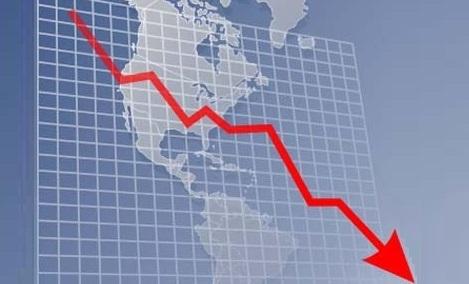Market Segment

August 28, 2013
HARDI Steel Conference Call
Written by John Packard
HARDI held their monthly steel conference call earlier today. The purpose of the call is to keep the HVAC wholesalers who sell galvanized sheet and coil in touch with market conditions and trends which could impact their businesses.
The consensus of opinion, based on the comments made during the conference call, is prices remain stable at the higher levels collected by the domestic mills since prices began moving higher at the end of May. Only one wholesaler mentioned that their September pricing was “a little less than August” due to adjustments in extras related to coil weights. Their base price remained the same as August.
None of the participants noted any weakness out of the domestic mills. One of the service centers on the call noted that there is “a change in leadership within the steel industry.” He went on to note the changes at U.S. Steel with Mario Longhi replacing John Surma, Ferriola at Nucor and other changes at the steel mills. He told the HARDI members that they needed to “look at some of the dynamics taking place” with the assumption that the new leadership would bring a new look at steel prices.
The group discussed the issues of supply which continue with furnace outages at ArcelorMittal and earlier at AK Steel. The slab supply situation at ThyssenKrupp was discussed, as was furnace issues at U.S. Steel Great Lakes. The group also discussed the union lockout by U.S. Steel at Lake Erie Works which may be close to being resolved pending the results of the vote by the union on Friday of this week.
One of the wholesalers pointed at a few of the “non-traditional” service centers who continue to act as though there have not been any price increases over the past few months. Another HARDI member service center told the group, “It feels like it [market prices] is softening based on the competition. We may have to make some price moves soon [in response to lower competitor pricing].”
Another wholesaler told the group they are starting to see the impact of higher priced feed stock coming into their service center suppliers which was translating into higher prices to them. A Canadian service center in the Toronto area echoed that they were seeing some price pressures for higher prices out of their suppliers – “Not huge, but a little bit” is what they told the HARDI wholesalers.
Business conditions were reported to be everything from slightly better in the New York/New Jersey area to downright awful in the Baltimore region. In lower Indiana and Saint Louis conditions for August were reported down from June and July levels (which were good). Others reported conditions are being stable.
There were rumors of a possible price increase but no one had any direct confirmation from a producing mill that an increase is a sure thing.
Most of the wholesalers reported they were reducing inventories in anticipation of a slowdown in business or lower galvanized sheet prices in the near future.
HARDI = Heating, Air-Conditioning, Refrigeration Distributors International.







